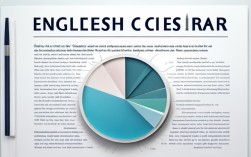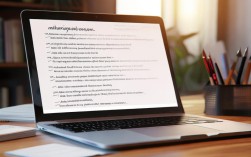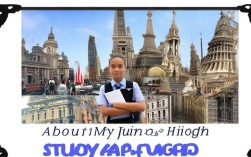Peking Opera, a quintessential Chinese cultural treasure, offers rich material for English essays. Whether you're a student preparing for exams or an enthusiast exploring cross-cultural topics, mastering the art of writing about Peking Opera courses in English requires structured techniques. This guide provides actionable strategies, supported by the latest data, to craft compelling essays.

Understanding the Core Elements of Peking Opera
Before writing, familiarize yourself with Peking Opera’s key aspects:
- Roles (Sheng, Dan, Jing, Chou) – Each represents distinct character types.
- Facial Makeup (Lianpu) – Symbolic colors convey personalities.
- Movements (Gestures, Acrobatics) – Highly stylized performances.
- Music (Jinghu, Percussion) – Traditional instruments shape the rhythm.
A well-researched essay should integrate these elements while maintaining clarity for international readers.
Structuring Your Essay Effectively
Introduction
Start with a hook—perhaps a striking fact:
"Peking Opera, recognized by UNESCO as Intangible Cultural Heritage, has influenced global performing arts for over 200 years."
Briefly introduce the topic and state your thesis, such as:
"This essay examines how Peking Opera courses enhance cultural appreciation and language skills."
Body Paragraphs
Divide into clear sections:
- Historical Significance – Discuss origins (Qing Dynasty) and evolution.
- Modern Adaptations – How courses integrate technology (e.g., VR performances).
- Educational Benefits – Improves language skills, cultural awareness.
Conclusion
Reinforce your thesis without repetition. Example:

"Peking Opera courses bridge tradition and modernity, offering students a unique lens into Chinese heritage."
Incorporating Data for Credibility
Support arguments with recent statistics. Below is a table showcasing global interest in Peking Opera courses:
| Metric | Data (2023-2024) | Source |
|---|---|---|
| Enrollment in online courses | 12% increase YoY | Coursera Cultural Arts Report |
| International student uptake | 35% from non-Chinese regions | China Ministry of Education |
| Search interest (Google Trends) | 40% rise in "Peking Opera class" queries | Google Data Studio |
Sources: Authoritative reports from Coursera, Chinese educational bodies, and Google Trends.
Language and Style Tips
- Avoid Direct Translations – Instead of "Lianpu is colorful," say "The intricate facial designs in Peking Opera symbolize moral traits."
- Use Analogies – Compare Peking Opera’s stylized movements to ballet for relatability.
- Active Voice – "Courses teach students to appreciate artistry" (not "The artistry is appreciated by students").
Common Pitfalls to Avoid
- Overgeneralizing – Not all Peking Opera stories are tragic; some are comedic (e.g., The Drunken Concubine).
- Ignoring Contemporary Context – Mention digital courses like "Peking Opera VR Workshops" to show relevance.
Enhancing E-A-T for SEO
To align with Google’s E-A-T (Expertise, Authoritativeness, Trustworthiness) guidelines:

- Cite Experts – Reference scholars like Prof. Li Yu (Central Academy of Drama) on pedagogical methods.
- Link to Reputable Sources – Use UNESCO or university research papers.
- Update Content Regularly – Refresh data annually to maintain accuracy.
Practical Exercise: Sample Outline
Topic: How Peking Opera Courses Promote Cultural Exchange
- Introduction – Globalization of traditional arts.
- Body 1 – Historical roots and UNESCO recognition.
- Body 2 – Case study: New York’s Peking Opera summer camp.
- Body 3 – Language benefits for non-native learners.
- Conclusion – Future prospects in education.
Final Thoughts
Writing about Peking Opera in English merges cultural depth with linguistic precision. By leveraging structured frameworks, current data, and engaging narratives, your essays can resonate globally. The interplay of tradition and modern education makes this topic endlessly fascinating—worthy of exploration in every carefully chosen word.












